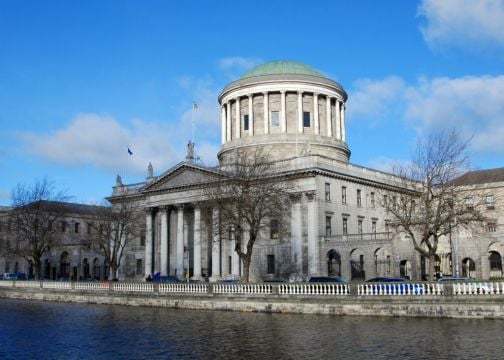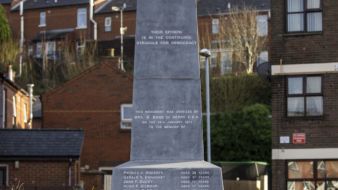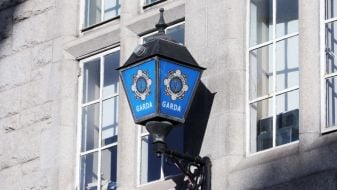A death by suicide verdict at an inquest into the death of woman whose family said she had become a drug addict from prescription medication has been quashed by the High Court.
Terry Kane, the husband of Deirdre Kane (52), a mother-of-four from Grange Park, Baldoyle, Dublin, who died in July 2017, claimed Dublin deputy city coroner, Dr Crona Gallagher, was wrong in law to prevent the family's lawyer from cross-examining his wife's GP on his notes.
He sought declarations that the verdict of suicide recorded by the coroner should be quashed and that the coroner had no entitlement to refuse to allow cross-examination of the doctor.
He also sought an order remitting the matter back to the coroner for further decision.
Mr Justice Mark Heslin granted him the declarations and orders sought after finding the coroner erred in law by refusing to permit the cross-examination.
He also said there was a breach of Mr Kane’s entitlement to fair procedures by the coroner’s refusal to allow his solicitor open Supreme Court case authority on the matter.
Erroneous ruling
The coroner’s failure to convey her true reasons for her erroneous ruling at the time she made it, thereby denying the opportunity to Mr Kane’s solicitor to make submissions, was also a breach of procedural fairness, he said.
The evidence in this case revealed the fact that the erroneous ruling had a material and negative effect on Mr Kane, resulting in prejudice to his position, he said.
Prejudice was also caused to the inquest itself as it deprived Mr Kane and the coroner of the opportunity to hear evidence which might have been adduced but for the erroneous ruling.
The judge said it was simply impossible to divorce the ruling from its effects and, thus, impermissible to do what was suggested on behalf of the coroner - that the court should look at the transcript as if the coroner’s ruling never occurred and to hold that the process was fair.
The judge also said experts such as the coroner perform an essential role and the evidence revealed Dr Gallagher approached the task in the present case “with professionalism, sensitivity, care, diligence and expertise”.
Unfortunately, however, she unwittingly fell into error and this unwitting failure to employ fair procedures required the intervention of the High Court, he said.
Cross-examination
The court heard the inquest took place on a single day in October 2019.
It was claimed the family solicitor, Damien Tansey, was refused to be allowed cross-exam Dr Bassam Naser, of Sutton, Dublin, and the coroner also refused to hear any legal argument as to why she should.
The family was anxious Dr Naser should be cross-examined about notes from when she was first prescribed opiates for several years until he ceased to care for her sometime around 2015/2016.
The family believed that over the years Ms Kane had become addicted to opiate painkillers and this factor contributed to her decision to end her life, it was argued.
In particular, they were concerned that it was contributed to by the way in which she was prescribed the opiates by her medical practitioners without adequate supervision.
In arguments on behalf of Dr Gallagher, it was accepted she should not have said there should be no cross-examination and should have allowed the family lawyer to open case law on why he was entitled to do so.

However, “those missteps” did not lead inexorably to the conclusion that the verdict should be quashed, it was also argued. The inquest was conducted properly, in accordance with fair procedures, and the applicable law was applied, it was also claimed.
If you have been affected by any of the issues raised in this article, you can freephone the Samaritans 24 hours a day for confidential support at 116 123 or email jo@samaritans.org.
You can also freephone the national Bereavement Support Line run by the HSE and Irish Hospice Foundation at 1800 80 70 77 (Monday-Friday 10am-1pm), and the contact information for a range of mental health supports is available at mentalhealthireland.ie/get-support/.
In the case of an emergency, or if you or someone you know is at risk of suicide or self-harm, dial 999/112.







